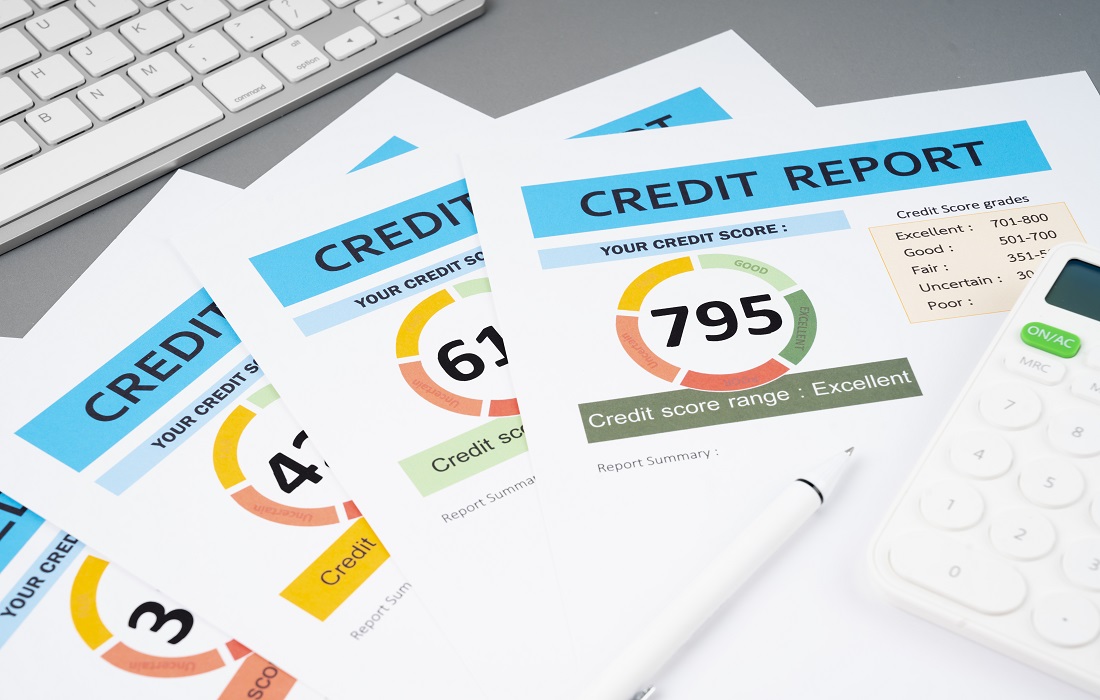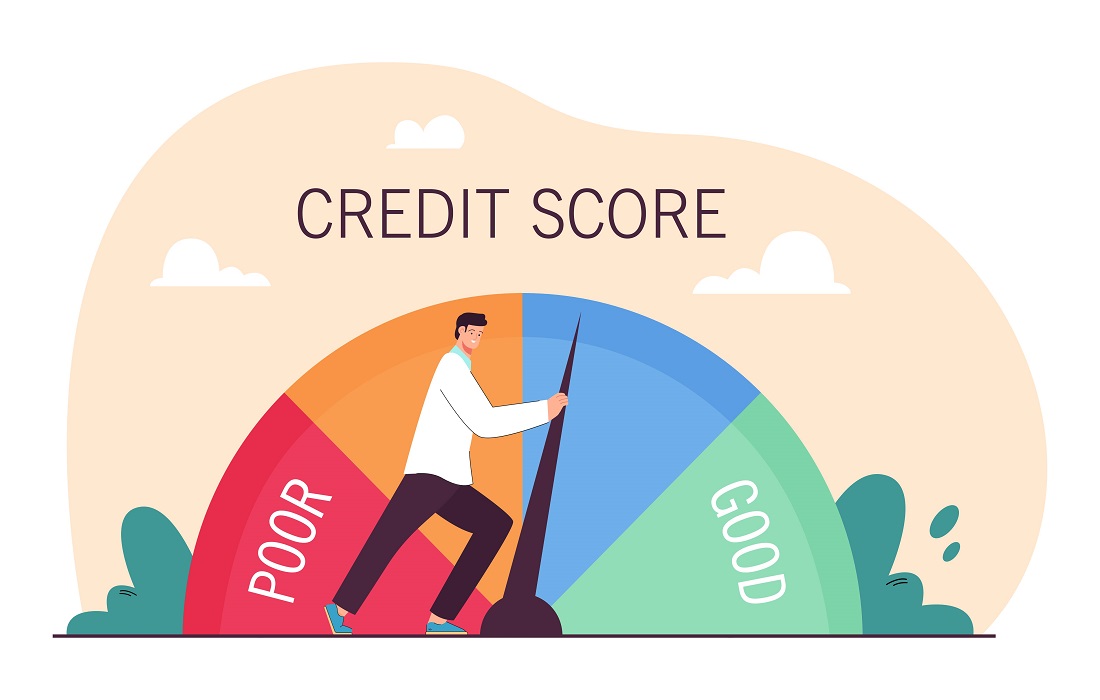Credit cards come with a host of benefits and come in different types. It’s a great source of funds when you are running out of your monthly salary. It helps people buy things they require immediately and let them pay for them at a later date. Though everyone would like to have a credit card, getting credit approval is not very easy. You must consider a credit card as an unsecured loan that does not require any collateral for borrowing. It is for this reason; banks scrutinize credit applications a lot when compared with other options. Many people get their credit card applications rejected. Though it is not the end of the road when it comes to getting credit options, it’s always good to know the reasons why credit card applications are rejected by the bank at the time.
Low Credit Score
For any kind of credit, be it credit cards or loans, banks would expect a good credit score. A credit score indicates the creditworthiness of a person. Credit score normally ranges between 300-900. Banks and other lending institutions expect a credit score of 750+ in order to sanction the loan. If you do not have this score, then banks might summarily reject your credit card application. The reason for rejection could be any one among the following
- Failure to pay EMIs on time
- Defaulting on loan payments
- Defaulting on Credit Card Payments
Low Income
Another reason for rejection could be the low-income level. Since credit cards are almost like unsecured loans, banks expect applicants to have a good and steady income for repayment assurance. Several credit card companies have several eligibility criteria. Generally, most of them require salary slips, form 16, and IT returns. If your income fails to match up to the expected level for the credit card issuing company, then your application might get rejected
No Credit History
If you never have taken a credit card then you would obviously not have a proper credit history. With nothing available in the credit history, the chances of rejection are high as banks do not have any idea about your debt management ability.
Unstable Work History
Most credit card issuers look for steady work history while processing credit card applications. If you are someone who frequently changes jobs, your credit card application might get rejected. Frequently changing jobs makes you unreliable in the minds of the issuer and casts doubts when it comes to repayment schedules.

Incorrect details
If you fail to include some important details in your application or wrongly declare information such as company name, address, age, bank account details, and borrowing history, then the chances of your application getting rejected are very high. It is always advisable to double-check the information before submitting the form to avoid rejection. You can easily get your credit score report online and make changes to it if you notice any errors in your credit file.
High Debt Levels
If you already have a significant amount of debt, it could raise concerns for the credit card issuer. They may view it as a potential risk that you may struggle to manage additional credit and reject your application.
Too Many Recent Applications
Applying for multiple credit cards within a short period can negatively impact your credit score and signal to credit card issuers that you may be in a financially unstable situation. This can result in rejection.
Negative Public Records
Public records such as tax liens, judgments, or other negative financial information can impact your creditworthiness and lead to credit card application rejection.
Recent Bankruptcy or Delinquencies
If you have recently filed for bankruptcy or have a history of delinquent accounts, credit card issuers may view you as a higher-risk borrower and reject your application.
Maximum credit limit reached
If the applicant already has credit cards with high balances or has reached the maximum credit limit on existing cards, it can lead to rejection due to concerns about over-indebtedness.
Inactive or dormant accounts
Credit card issuers prefer to see recent credit activity to assess an applicant’s creditworthiness. If the applicant has long periods of inactivity or dormant accounts, it may raise concerns and lead to rejection.
Undisclosed financial obligations
Failure to disclose all existing financial obligations, such as loans or significant financial commitments, can lead to rejection when credit card issuers perform a thorough credit check.

Previous history with the issuer
If an applicant has a history of defaults, missed payments, or fraudulent activities with the credit card issuer, it can significantly reduce the chances of approval for a new credit card.
Conclusion
Customers must realize that Credit Card Companies generally do not disclose the reasons for rejecting your applications. It’s up to you to go through the terms and conditions before submitting the application.
Related Posts:
- A Guide – How to improve your credit score in 2023
- What are student credit cards and how do they work?
- Nearly 60% of Americans Have Less Than $500 in Savings
- What is the government’s new 2025 student loan system?
- How do I start to invest in cryptocurrency?

